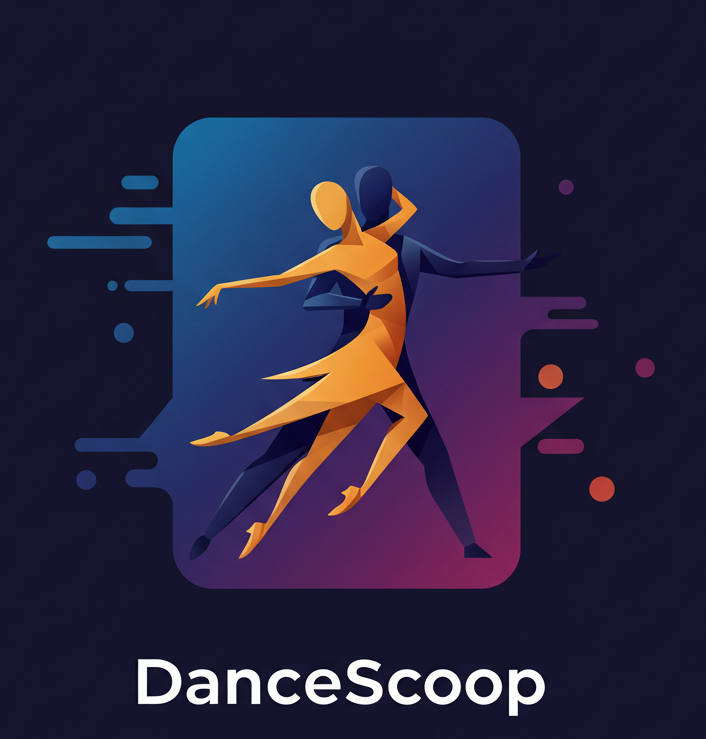
This is a very simple interface. It wants 1 or 2 sentences. These examples work.
Where can I dance tonight? Social dances only please.
When can I dance salsa this weekend?
How can I learn west coast swing this month?
Where can I listen and dance to live music next week?
Let’s break this down.
Part 1
The first part is a question. You can use “Who, What, When, Where, Why or How”. The W5 and How that typically makes the most sense is “Where”. Proper English would require a question but … it is not necessary. “dance tonight” or any variations thereof above would work.
Part 2
The second part is what do you want to do. This is a verb. The examples given are dance, learn, and live music. We are using the event_type column in DanceScoop. The valid values are:
[class, live music, other, rehearsal, social dance, workshop]
An example would be: “Please show me all classes for salsa that are being held in the next 7 days.” You could have also said. “I want to learn salsa in the next month.” You would get the same answer (different time frame), except it would have included workshops. If you had asked “Where are there workshops for salsa this weekend?” You would have gotten an answer restricted to workshops only for salsa. Notice that DanceScoop understands that learn is a verb that applies to class and workshop.
Part 3
The third part is the dance_style. You do not always need the dance_style. Allowable terms are:
[‘2-step’, ‘argentine tango’, ‘bachata’, ‘balboa’, ‘cha cha’, ‘cha cha cha’, ‘country waltz’, ‘double shuffle’, ‘douceur’, ‘east coast swing’, ‘foxtrot’, ‘kizomba’, ‘lindy’, ‘lindy hop’, ‘line dance’, ‘merengue’, ‘milonga’, ‘night club’, ‘nite club’, ‘nite club 2’, ‘nite club two’, ‘quickstep’, ‘rhumba’, ‘rumba’, ‘salsa’, ‘samba’, ‘semba’, ‘swing’, ‘tango’, ‘tarraxa’, ‘tarraxinha’, ‘tarraxo’, ‘two step’, ‘urban kiz’, ‘waltz’, ‘wcs’, ‘west coast swing’, ‘zouk’]
If you don’t specify it will not restrict what it finds. If you are asking for live music, do not specify a dance_style. This is not reliable. We are generally speaking including live music events where people often do partner dancing. You can almost always tell from the description of the event.
Part 4
The last part is the time frame. As you can see you can enter a wide variety of common English terms that refer to relative dates (today, tomorrow, tonight, this morning, this afternoon, this weekend, next week, next month, 14 days from now, a certain date, etc.). Essentially anything that makes sense to an English speaker. If you do not specify a time frame, it will start today and provide you 30 rows from the database. It maxes out at 30 rows. It can retrieve fewer rows if you provide suitable restrictions.
Just imagine you are talking to somebody that knows about events for partner dancing and live music where people do partner dancing. The columns that are in the events table in the database are:
[event_name, event_type, dance_style, description, day_of_week, start_date, end_date, start_time, end_time, source, url, price, location]
Summary
Very quickly you will get exactly what you want! This is a best efforts basis and sometimes mistakes are made. We provide the url and/or source where we get the information. Please double check there before you go.